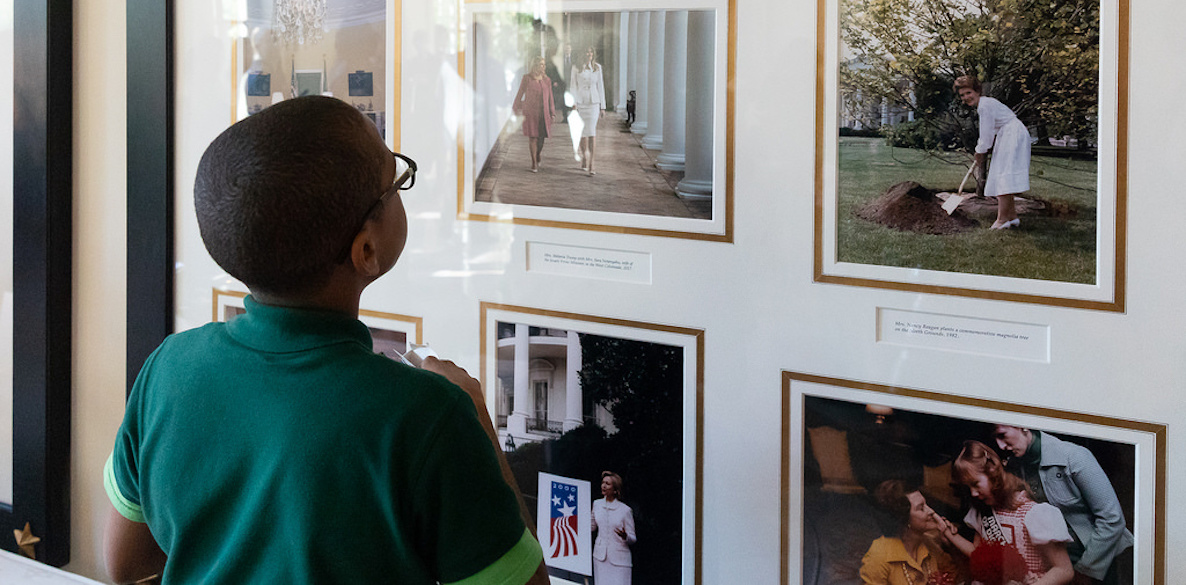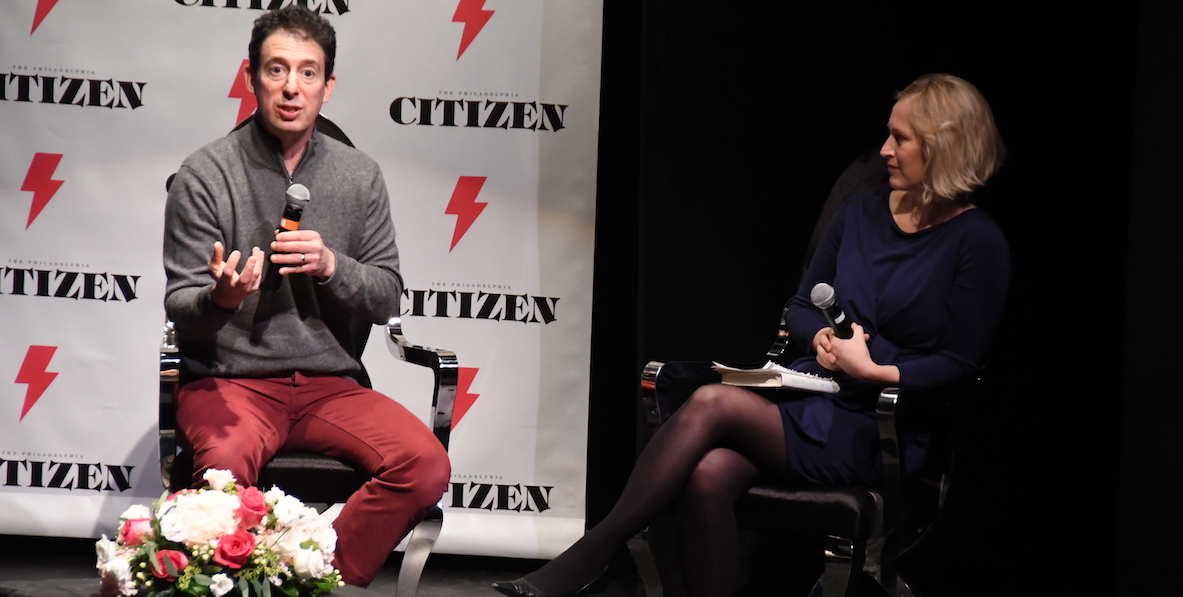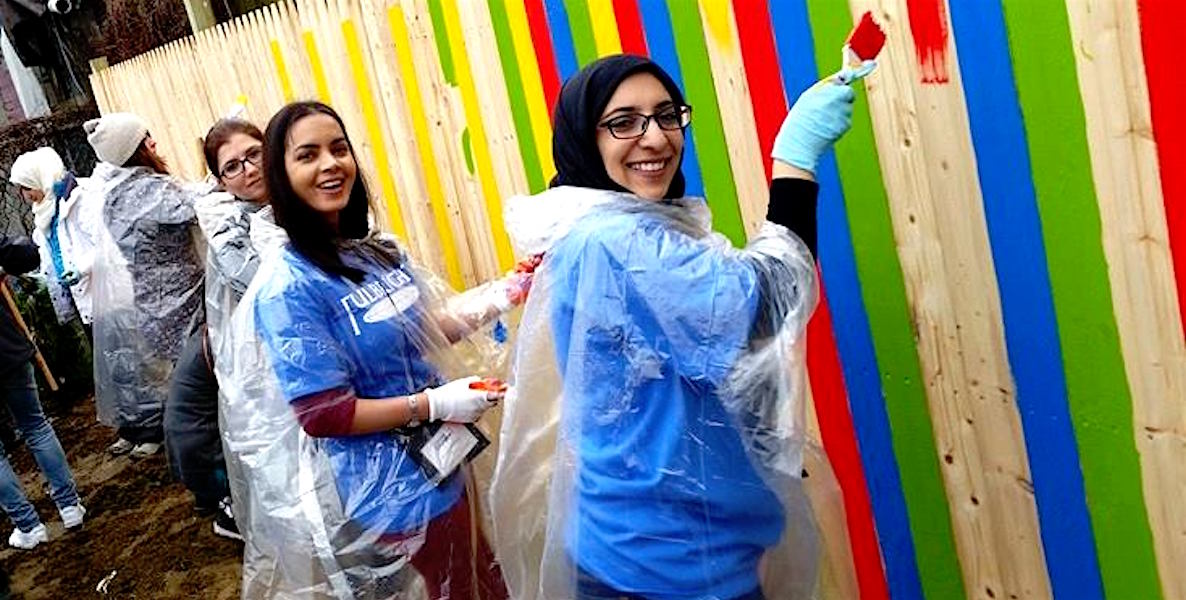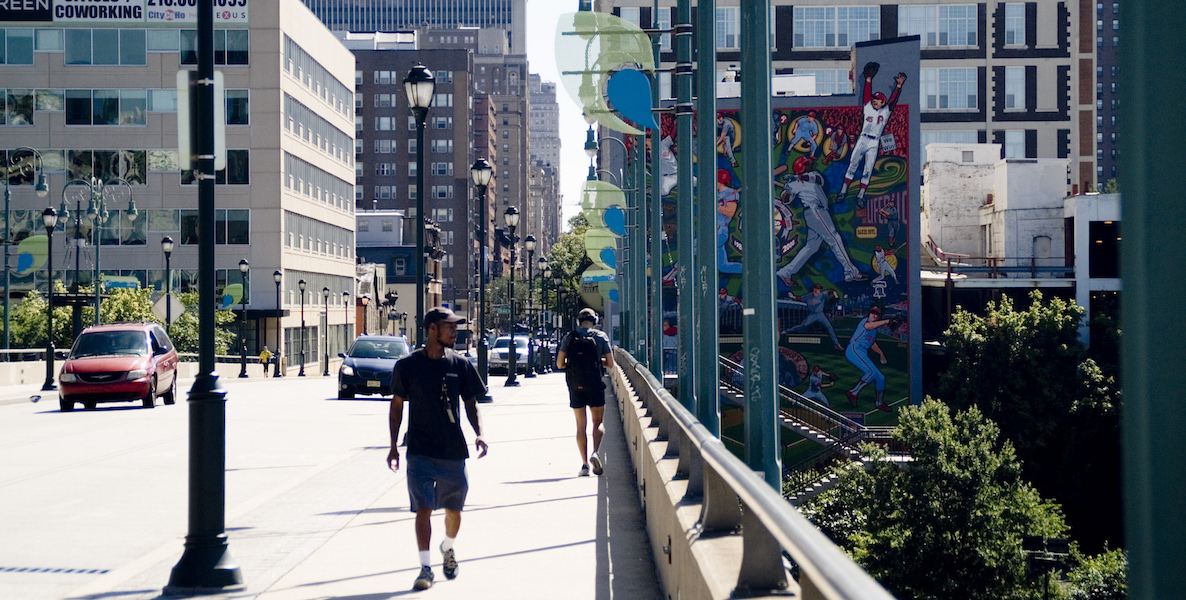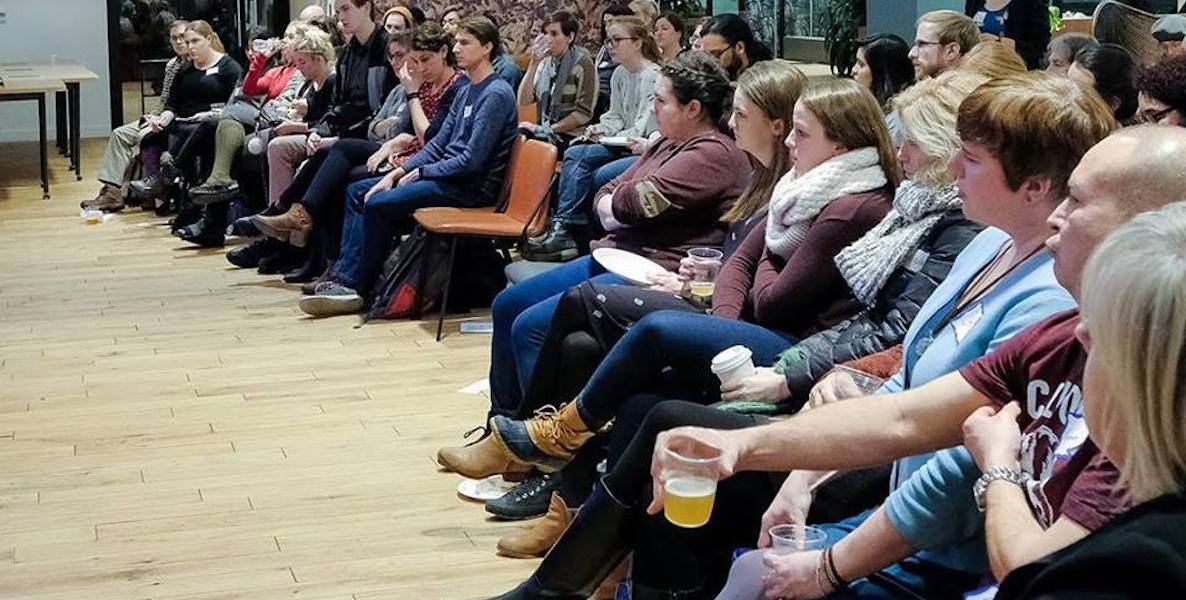Laur Hesse Fisher was trying, she really was.
Unlike her usual approach when discussing politics with her uncle, she was asking questions, listening, and really trying to have an open and honest discussion. But, like so many conversations in our polarized political climate, it was going nowhere.
Then her uncle said something about her “precious little EPA.” As Program Director of MIT’s Environmental Solutions Initiative, this dig at the Environmental Protection Agency did not sit well with Hesse Fisher. She felt herself getting defensive. Instead, she decided to borrow a page out of her colleague Jason Jay’s playbook. She acknowledged her own bias and reassured her uncle that she was not looking for a fight, but to understand his point of view.
![]()
It worked. For the first time, he opened up to her about his fear about the financial strain that the EPA could have on the U.S. economy. She had never considered this to be the driving force behind his animosity.
It’s this method of communication, based on Breaking Through Gridlock: The Power of Conversation in a Polarized World by Jay and Gabriel Grant, that Hesse Fisher will introduce to attendees at the first Civic Series event of the year this Thursday. (The Citizen is a partner on the event.)
In the free two hour workshop, also call Breaking Through Gridlock, Hesse Fisher will explain how to have difficult conversations—especially regarding political topics—with those close to you. She will cover the steps to follow when discussing abortion, immigration and just about everything else you kept your mouth shut about over the holidays—based on the research in Jay and Grant’s book.
“There are two ways people can approach talking with someone they don’t agree with,” Hesse Fisher says.“They don’t say anything, or they take an entirely emotional approach, and neither of these get anywhere. If you want a meaningful conversation, you need a whole different approach.”
![]()
Civic Series, of which Hesse Fisher is the founder and board director, specializes in “demystifying” current events, with an emphasis on learning enough at the lecture to be able to have conversations about the topic in the future. The non-profit is run entirely by volunteers, and has regularly held free workshops and lectures in cities throughout North America since its inception in 2004. If the name sounds familiar, you may have heard of the two events they had last fall in Philly—”Russia & the U.S.: It’s Complicated” and “What’s the Deal with North Korea?”
“I want people to walk away from Civic Series events feeling like they understand the topic better, but also feel confident having a conversation about it,” says Hesse Fisher.
These were not exactly the type of conversations Jason Jay, who works alongside Hesse Fisher at MIT’s Environmental Solutions Initiative, had considered when he began his research. His work initially revolved around sustainability, and his frustrations at battling people’s preconceived notions on the subject in his conversations. Eventually his work expanded from constructive conversations on sustainability to constructive conversations on anything involving opposing views. Jay partnered with Gabriel Grant, sustainability consultant, and the two went to over 15 universities to conduct conversation workshops. The information they gathered eventually became the basis of their book.
“Getting ‘stuck’ conversations unstuck is not simply about finding ‘the right thing to say,” Jay and Grant wrote in an article for WBUR Boston, “but about a more fundamental shift in our approach to difficult conversations.”
Thursday, February 28, 2019 at 6 PM – 8:30 PM, free but registration required, Indy Hall Co-Working Space, 399 Market Street (Colonial Penn Building), Third floor, suite #360
Photo via Civic Series


